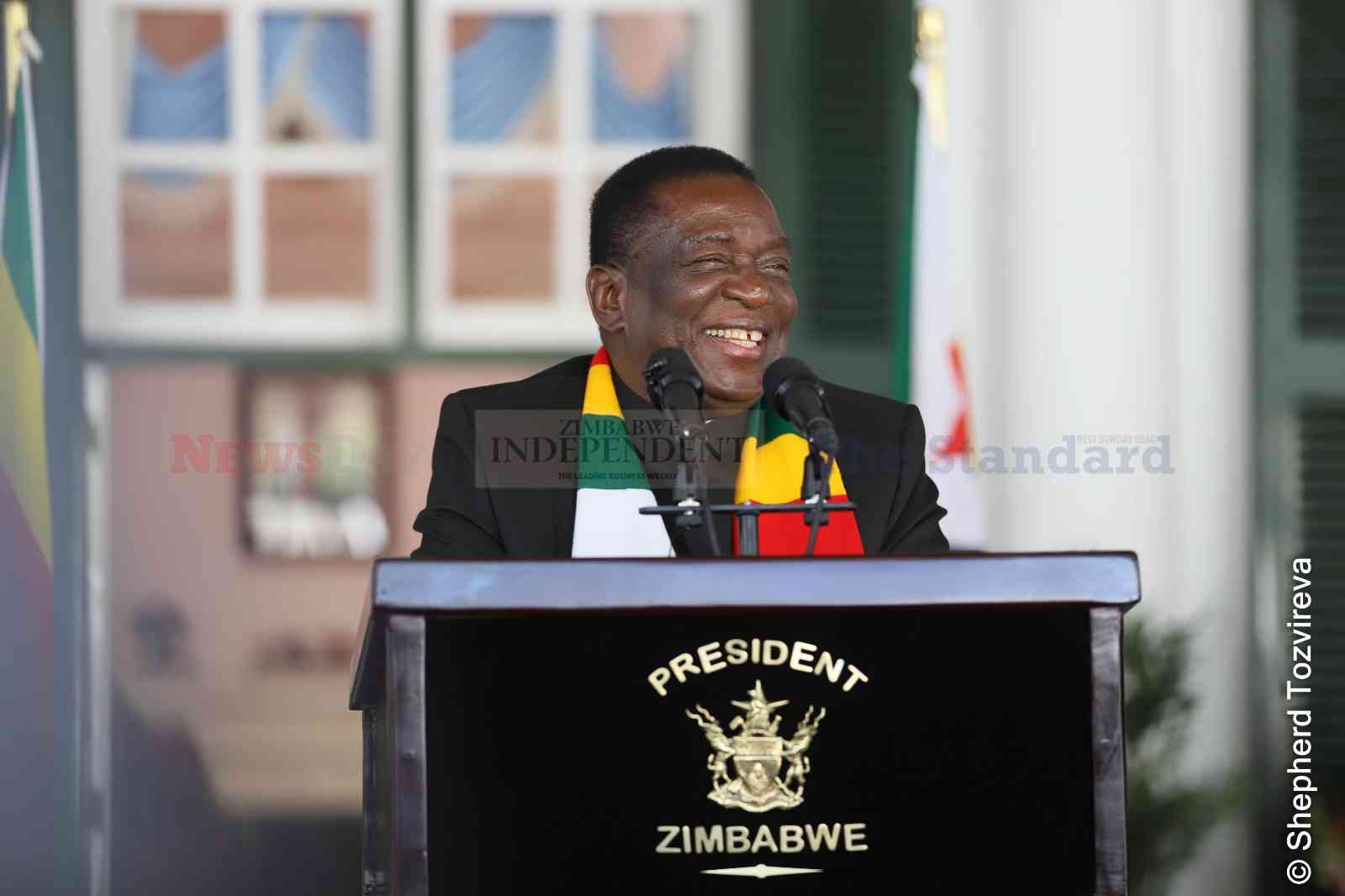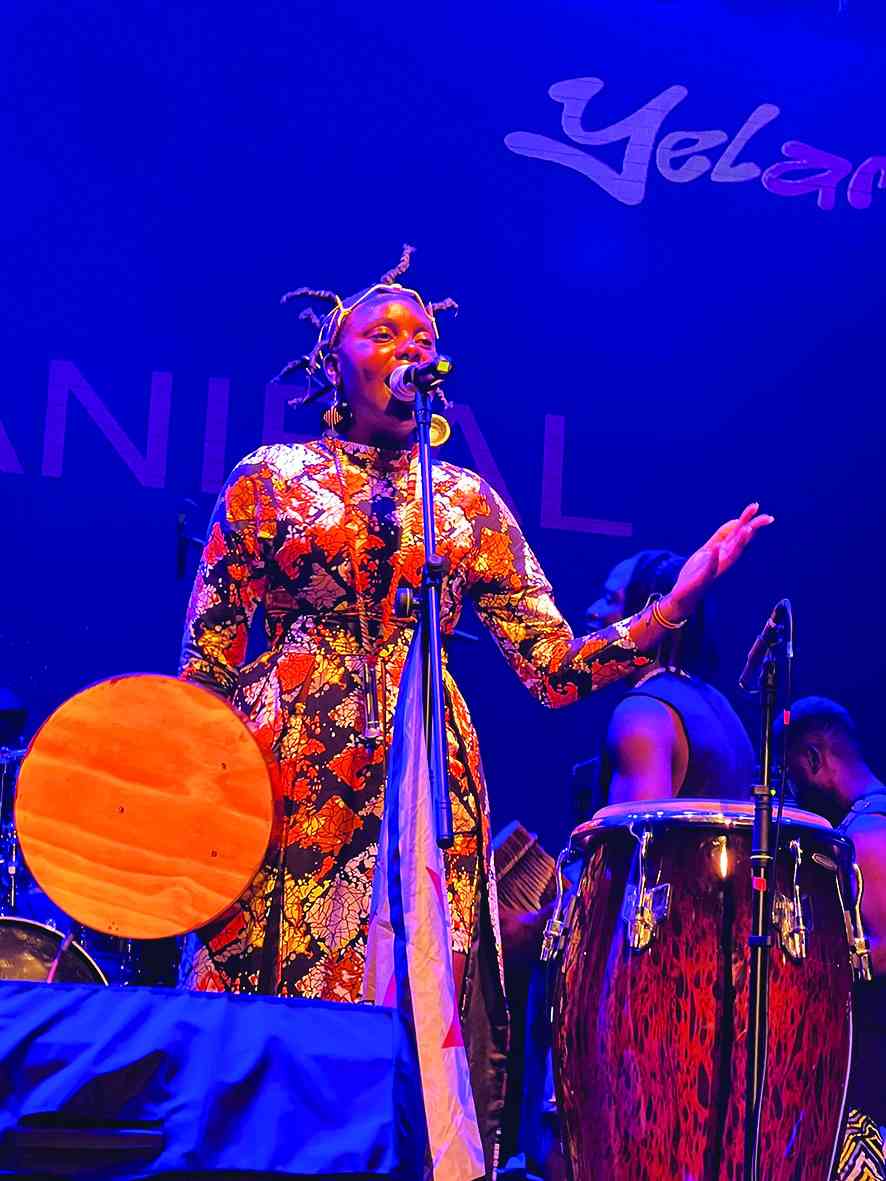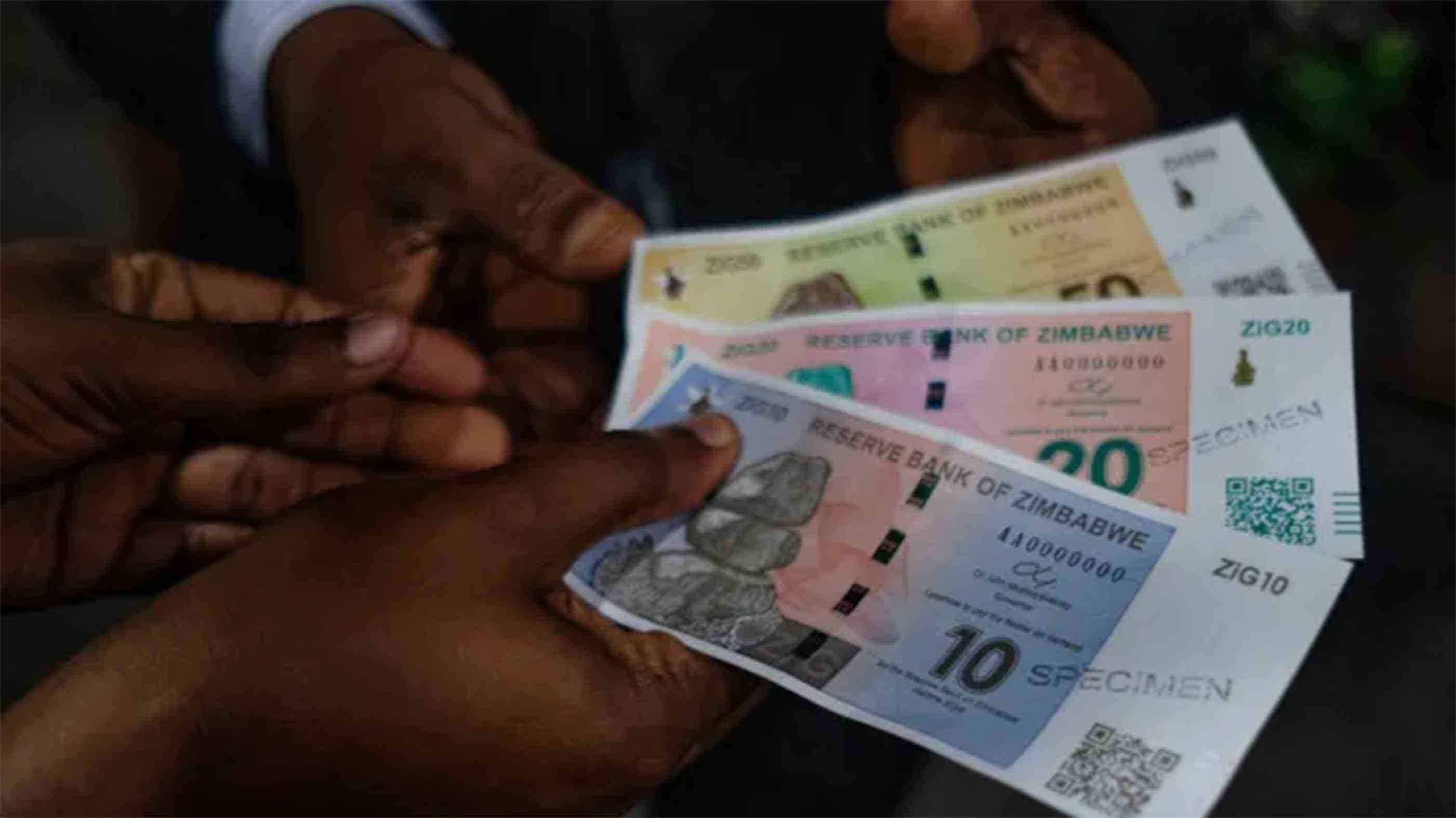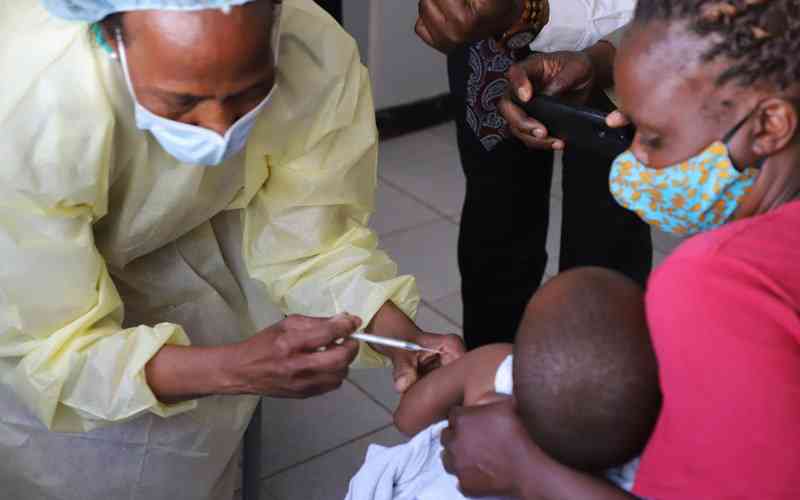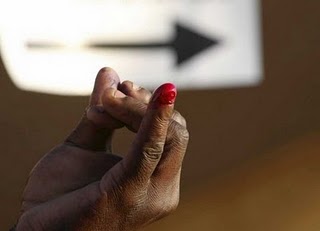
BY TAPIWA GOMO
Sometimes you wonder if there are people who still believe that elections will change the fortunes of a country such as Zimbabwe. But again, political change is what is needed to take this country forward, without which the nation continues to dither in a regressive mode. And an election seems to be the only available avenue to achieving that goal.
Experience has shown that political power in Zimbabwe is not available for electoral contestation. However, anything lower is open for political opportunists to scramble for the crumbs.
Accessing political power in Zimbabwe is impeded by several factors, which include its militarisation.
Unlike other countries where autocratic politics bears the face of a soldier, ours is well camouflaged in civilian politics.
The militarisation of power is deeply concealed under pseudo- constitutionalism, regular electoral rituals and the presence of a toothless and well contained independent media and civil society.
All these play to the scrip of power yet pandering to donor funds.
There is another dimension of the peasant voter which stands readily available to deliver the contrived and sometimes concocted numbers that justifies the continued stay in power by the status quo.
- Chamisa under fire over US$120K donation
- Mavhunga puts DeMbare into Chibuku quarterfinals
- Pension funds bet on Cabora Bassa oilfields
- Councils defy govt fire tender directive
Keep Reading
It gives military power the face of democracy and legitimacy. This is vital in understanding how military power has ruled for four decades evading moral scrutiny, international condemnation and securing regional and global acceptance as a civilian entity. Yes, numbers are everything in a democracy.
The peasant voter delivers them regularly with reckless political abandon.
Citizens react differently to an impending election. And this reaction is determined by expectations. Political studies divide expectation-driven voters into two major categories: the sophisticated and retrospective voters.
The sophisticated voter incorporates new information, assessment of their current situation and a projection of their future into national personal political, social and economic expectations.
Historical experience is also vital data used to make judgments and choices when voting for leadership.
They approach elections with the idea that the current situation can be better and they see prospects of a better tomorrow.
This type of a voter is often found in urbanised or industrialised settings.
This voter believes in rule of law, education, employment and economic opportunities.
This is voter is born and bred to be part of an industrialised society and is ready to play their part in the economic development of the country.
The same voter gets frustrated when the economy is not functioning and opportunities are dwindling right in front of them.
It is not the voter that the status quo counts on because they are aware of their disgruntlement. They are a threat to power — an unwanted opposition.
The second voter is the retrospective one who bases expectations solely on historical and sometimes archival achievements.
This voter is content with the state of affairs, being patriotic and does not see the need to change things.
They see change as erasing historical achievements and they fear to lose meagre benefits from the status quo. Because they are content with the State of affairs, their biggest fear is change.
They resent it. They find it disruptive, unpatriotic, unnationalistic and foreign and therefore must be repelled.
That makes them comrades-in-arms with the status quo but at loggerheads with sophisticated voters.
The retrospective voter is largely a peasant who is happy to trade their votes for crumbs from the ruling elite.
The status quo has chosen the path of “eating” instead of economic growth, while baiting the peasantry with meagre benefits such as perennial free agricultural support, party T-shirts and feeding them with the narrative that if the status quo loses power, they too will lose those meagre benefits.
And for that reason, the peasantry has put their lives on the line to preserve crumbs from power.
They are unaware of a possibility of a better tomorrow.
Basic analysis of voting demographics show that the majority of those who voted for the ruling elite are from rural communities, largely those who benefit from government handouts.
This voter base is not only a barrier to the political change equation but is an impediment to the re-establishment and stabilisation of the economy.
The status quo is always threatening the return of war if they lose power and they have added the loss of handouts to the list of threats.
This also means these perishable handouts must be sustained from the national budget.
They are perishable for a reason — to keep the peasant in a state of hunger for replenishment of handouts.
This happens at the expense of national development priorities, civil servants salaries and sustenance of other national utilities.
It is a simple formula of political survival, while impoverishing a nation.
The more people are impoverished, the more they slide into peasantry category, thus growing the peasantry voter base. If the economy grows, this voter base shrinks which is a threat to power.
If you make people poorer, you grow your voter base.
They become vulnerable to meagre handouts in exchange for votes.
Then you have the numbers to sustain your stay in power.
- Tapiwa Gomo is a development consultant based in Pretoria, South Africa. He writes here in his personal capacity.

